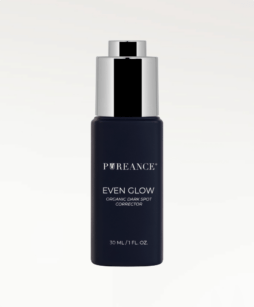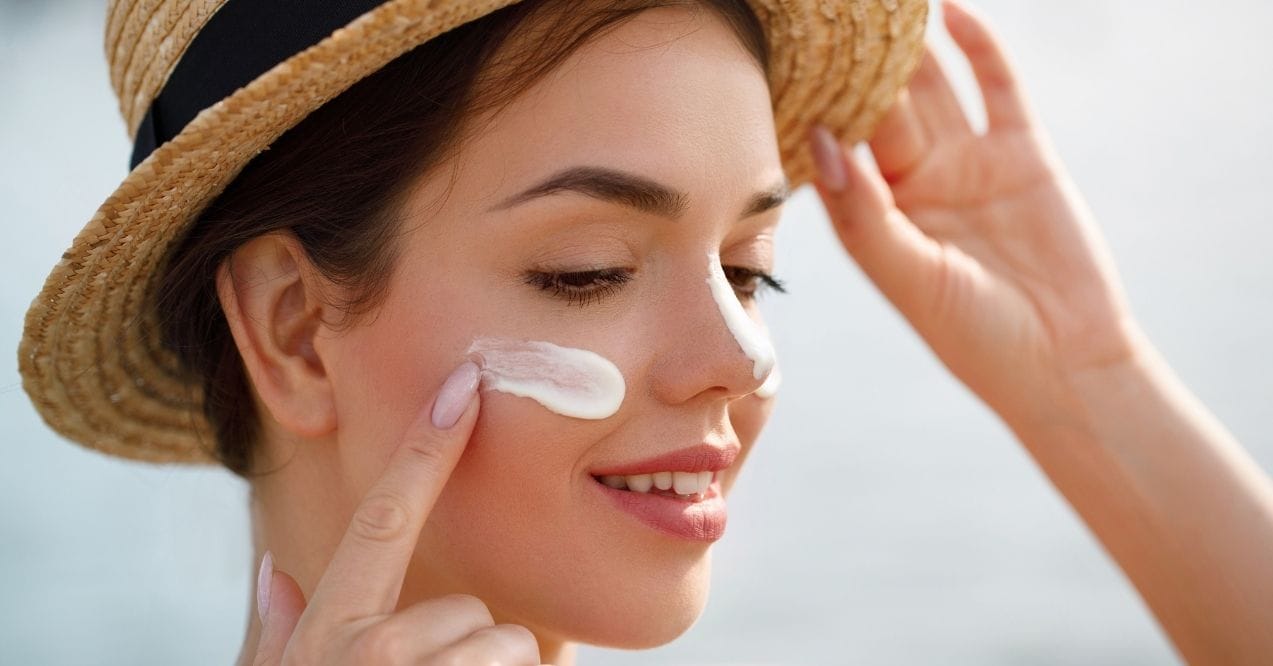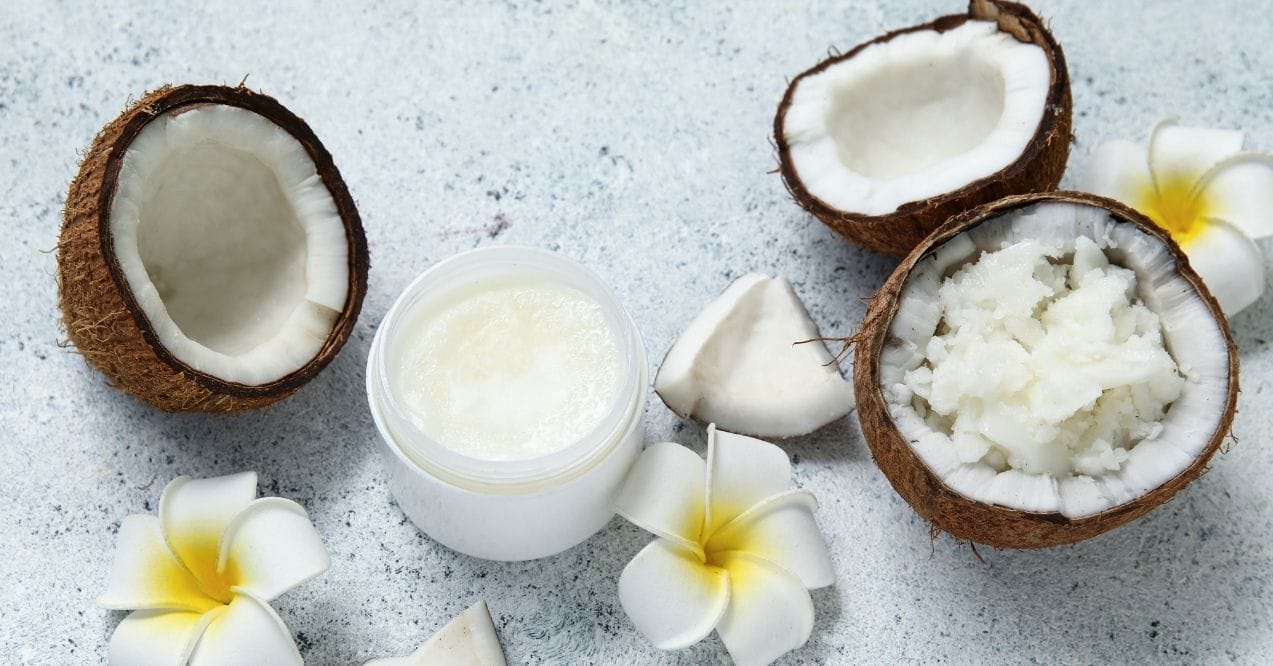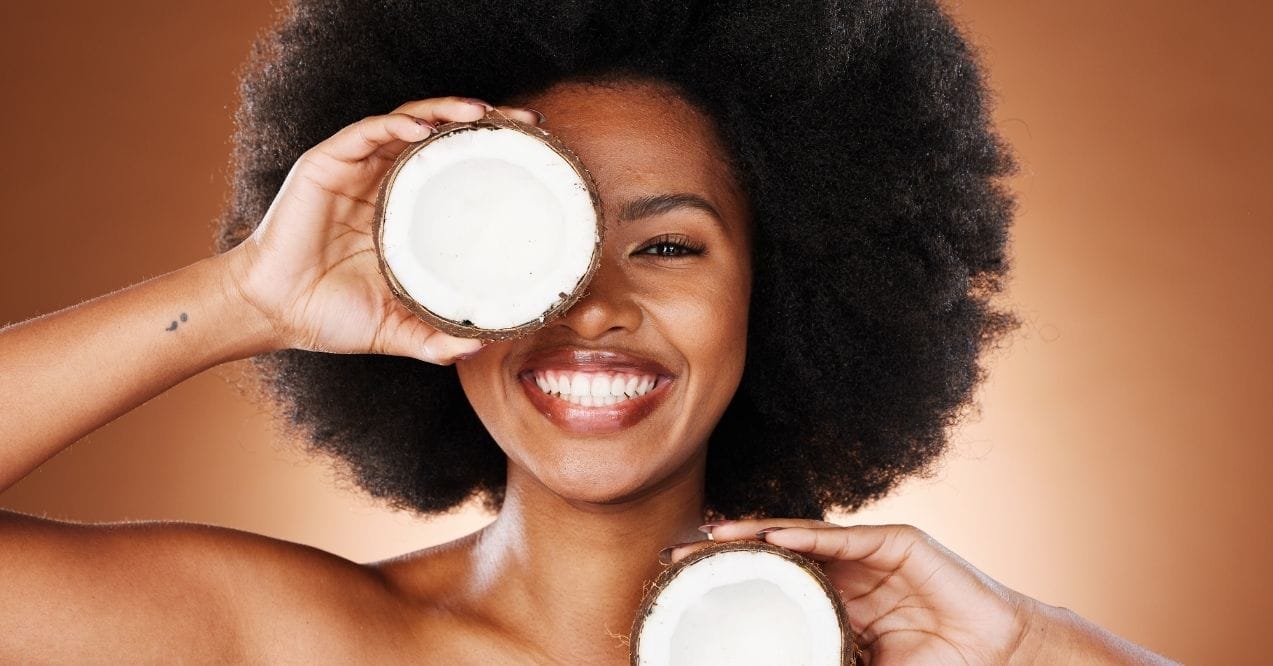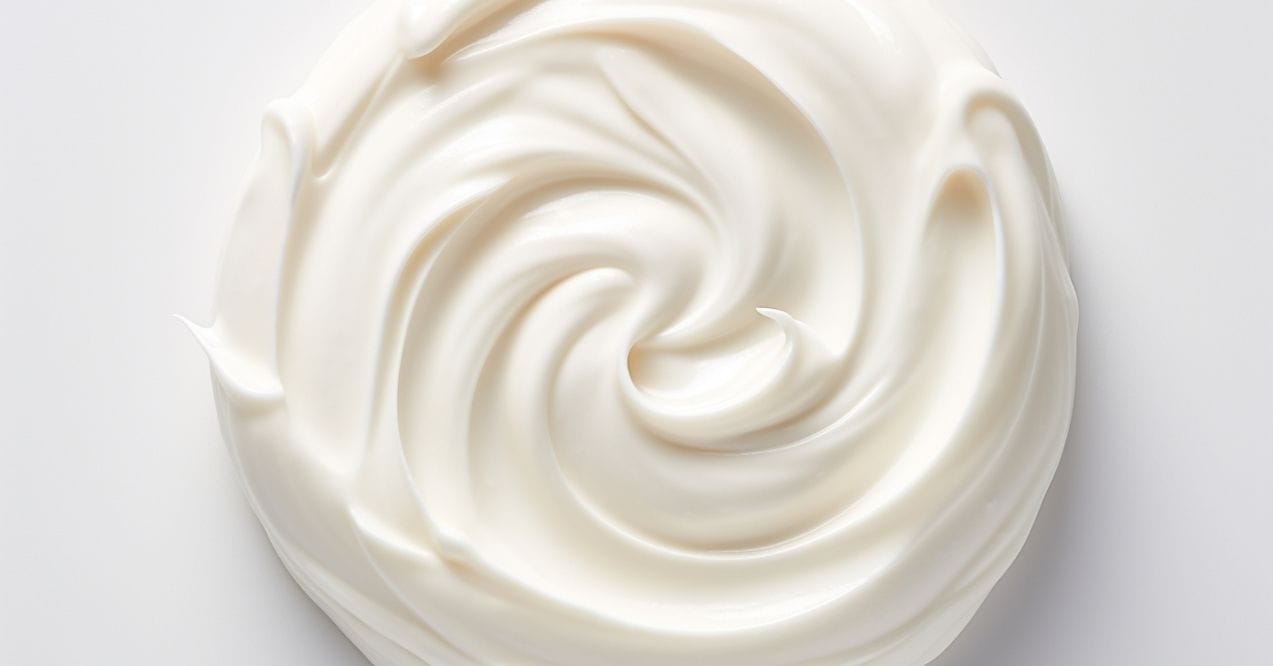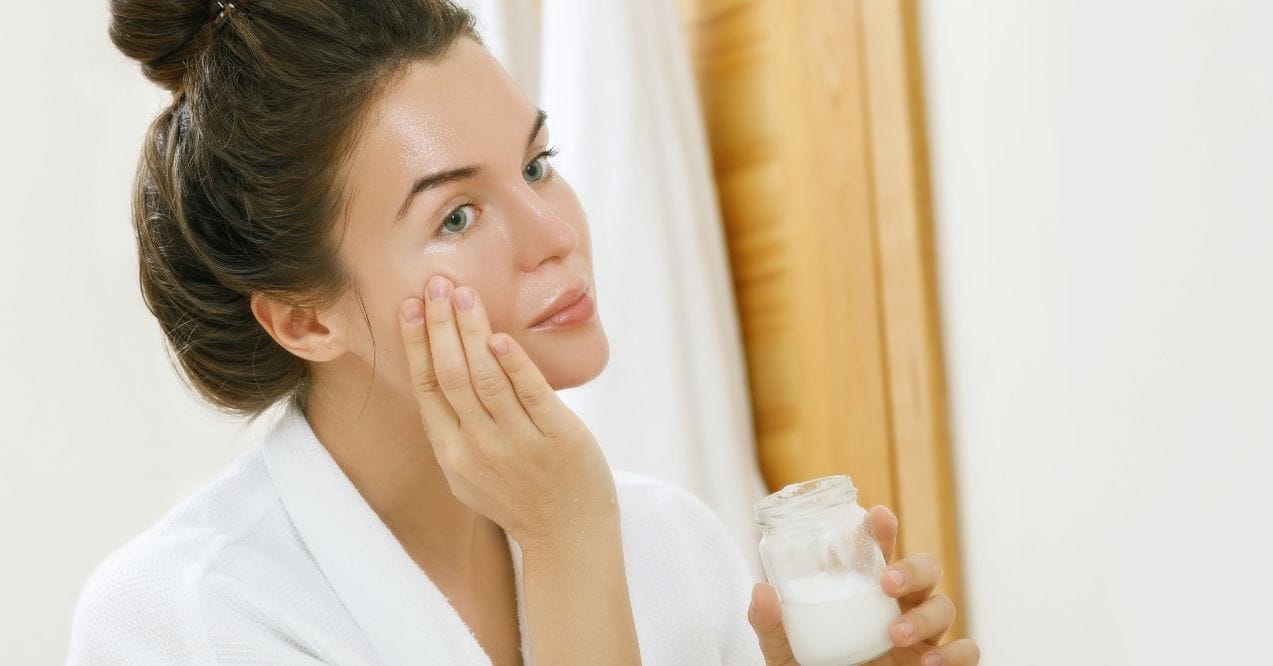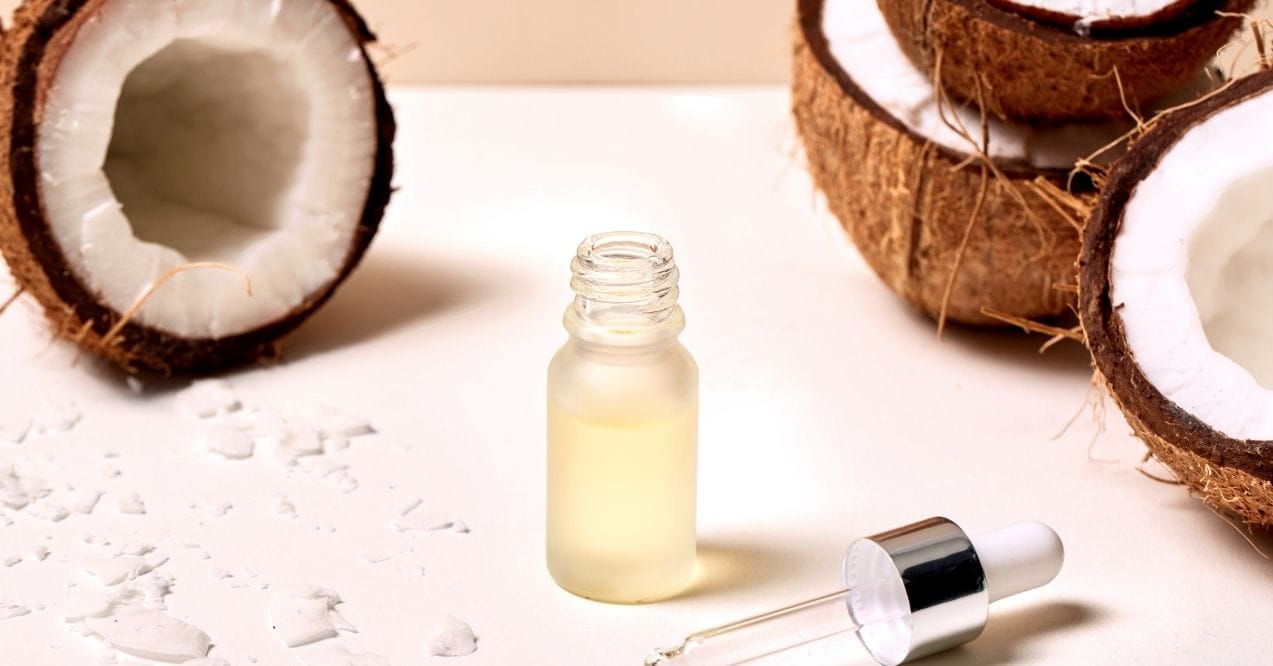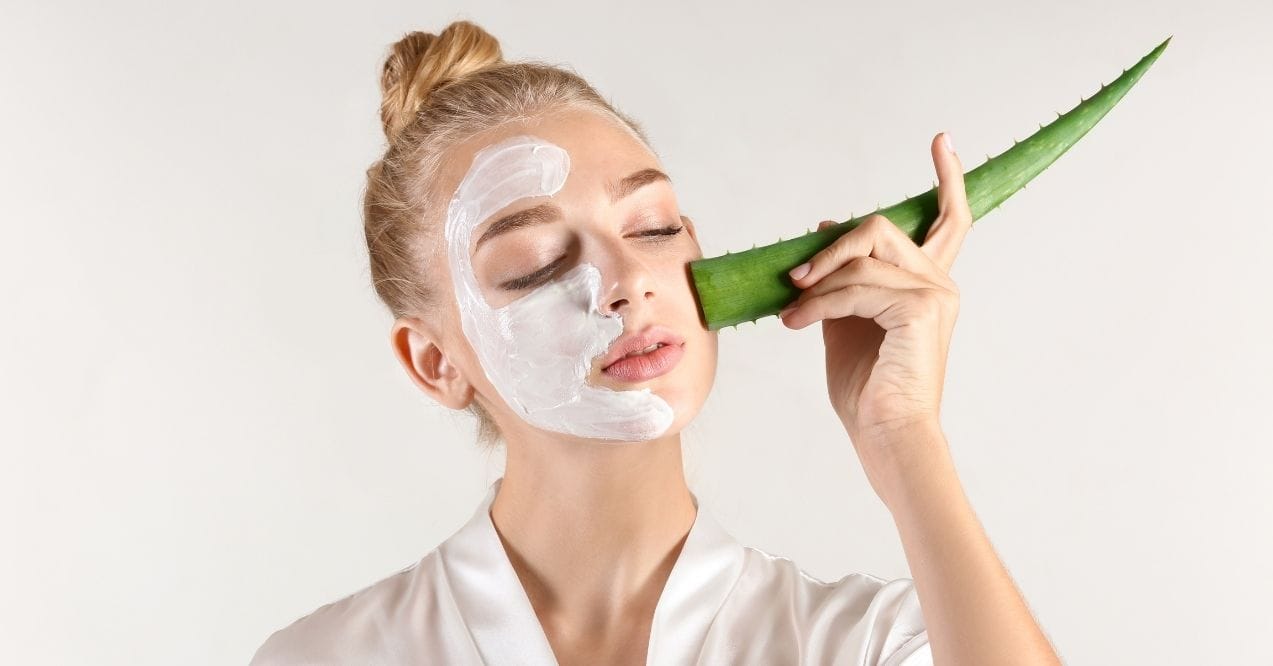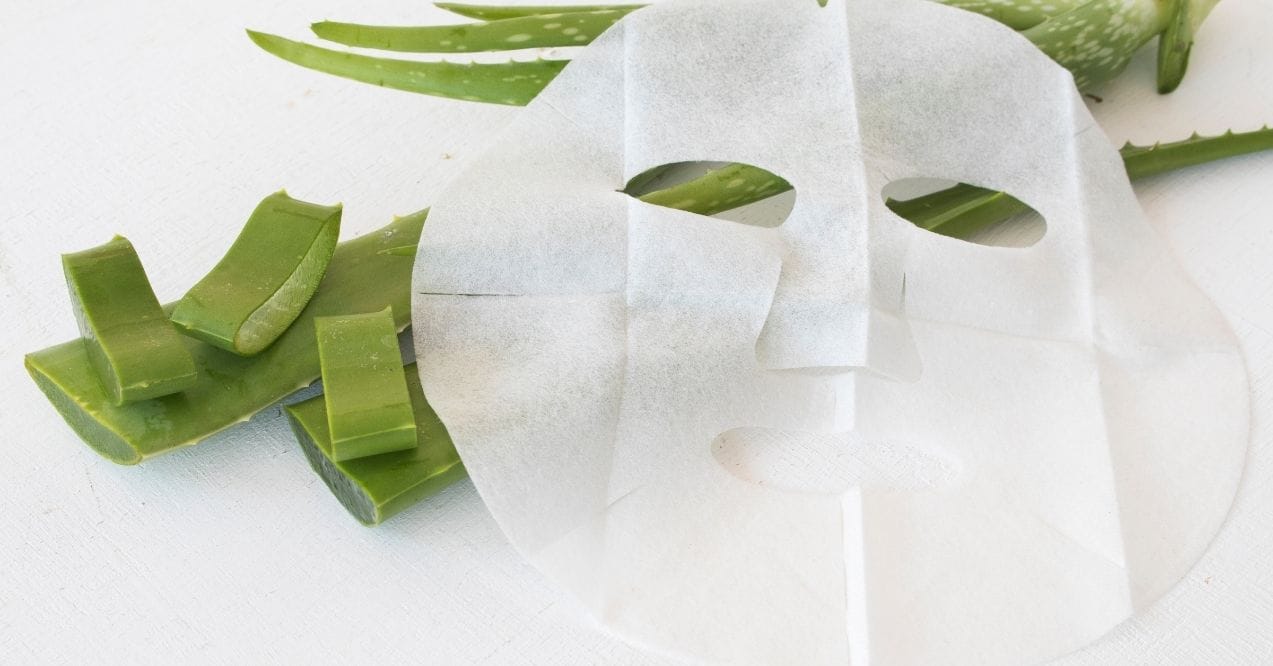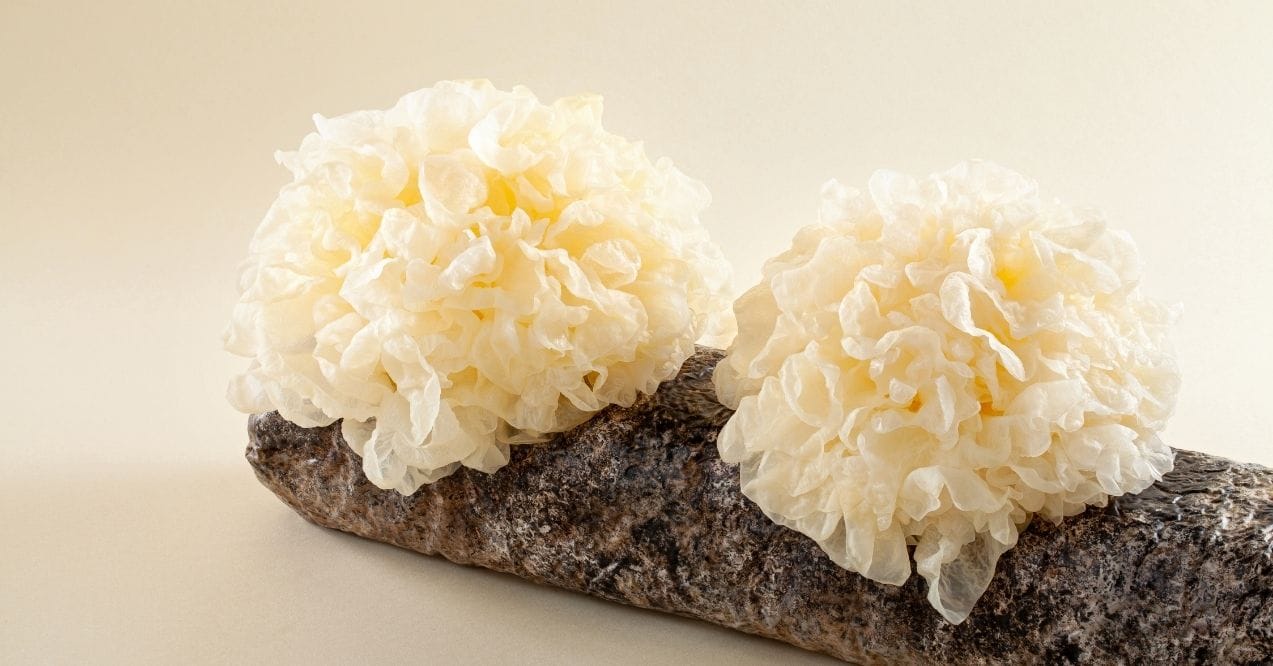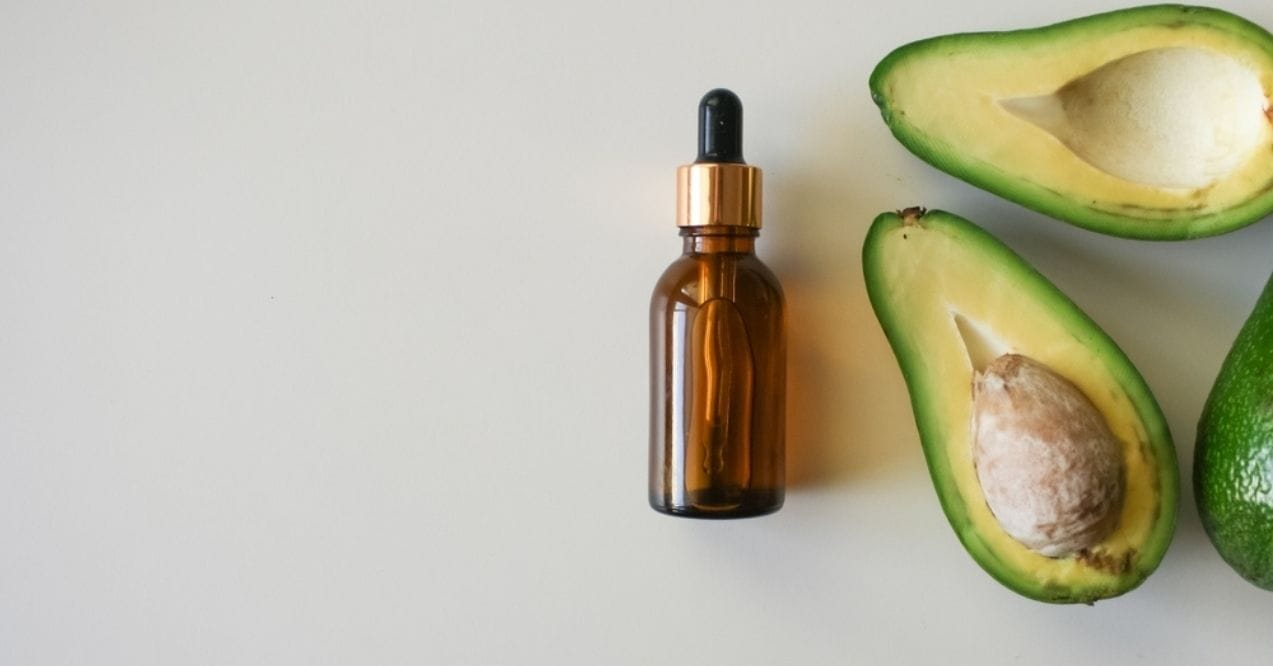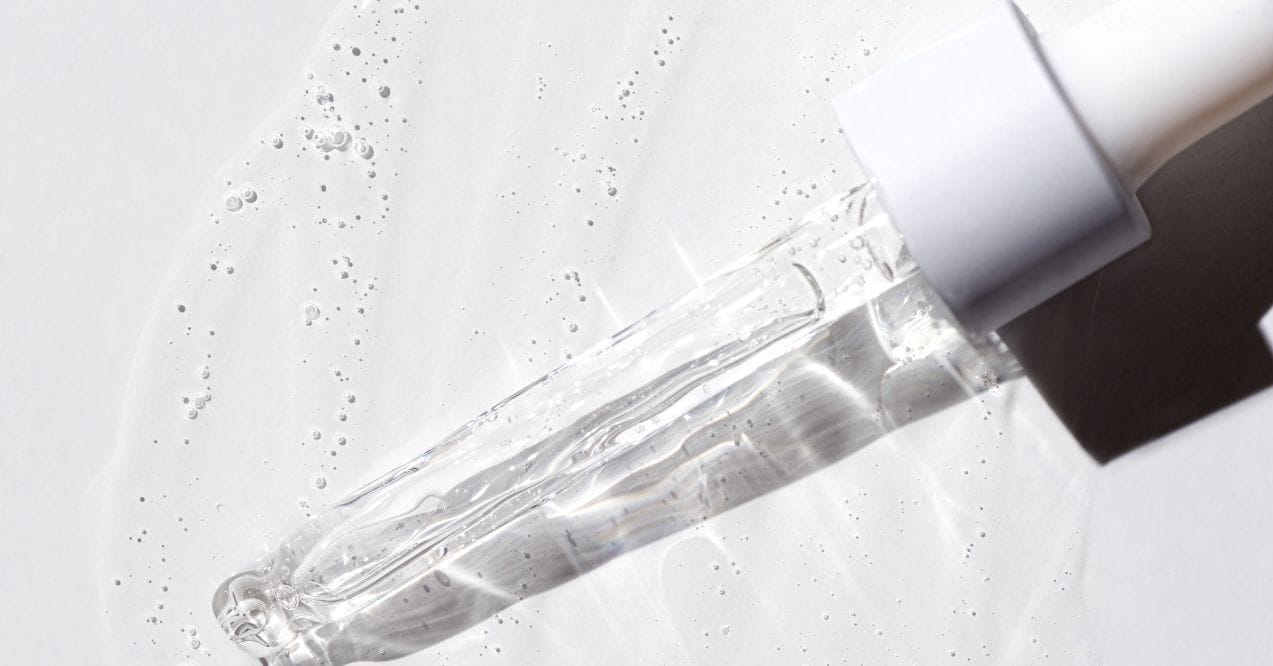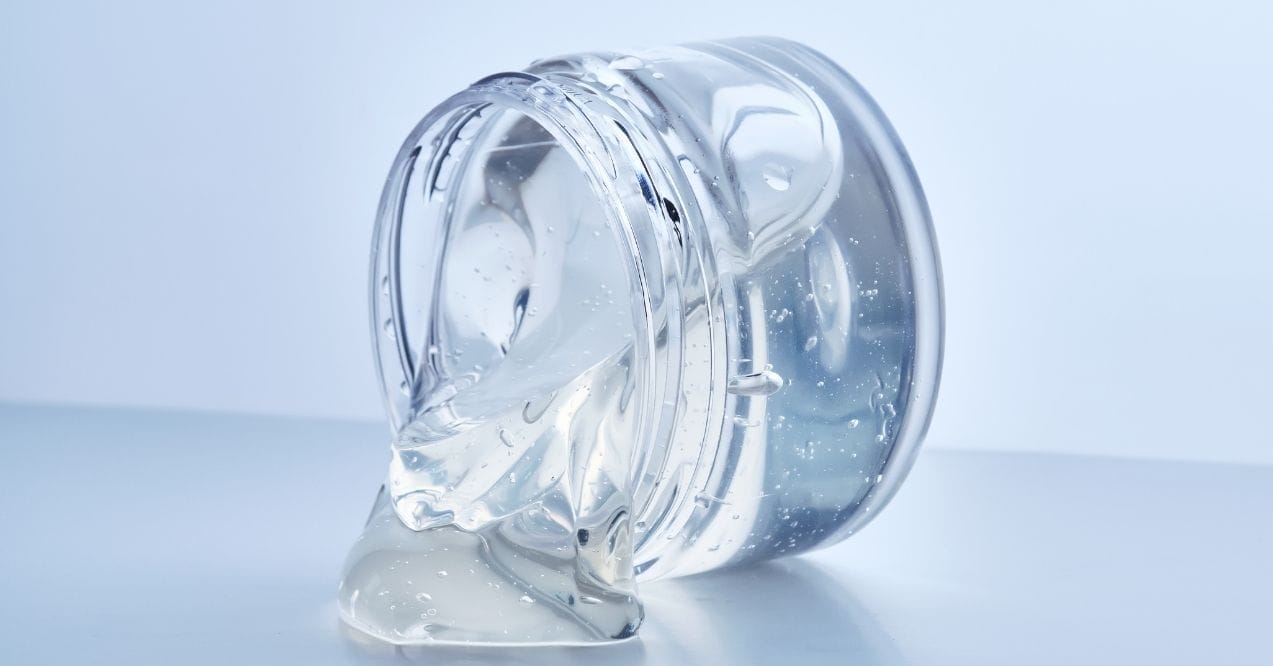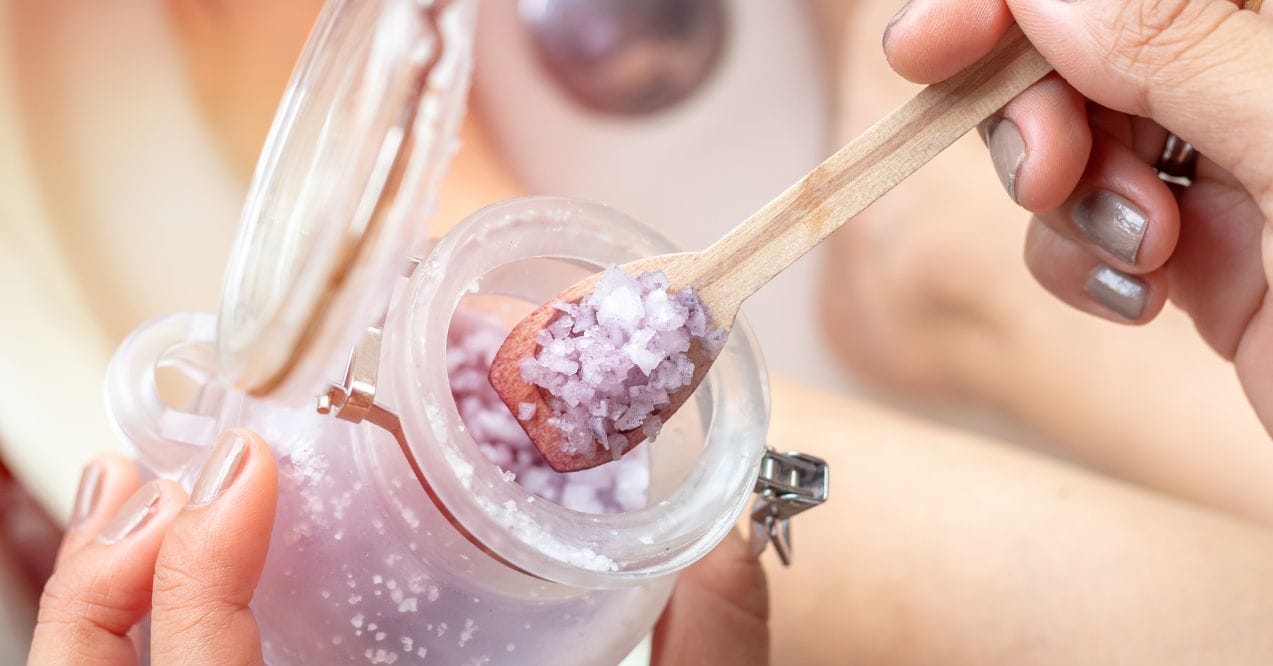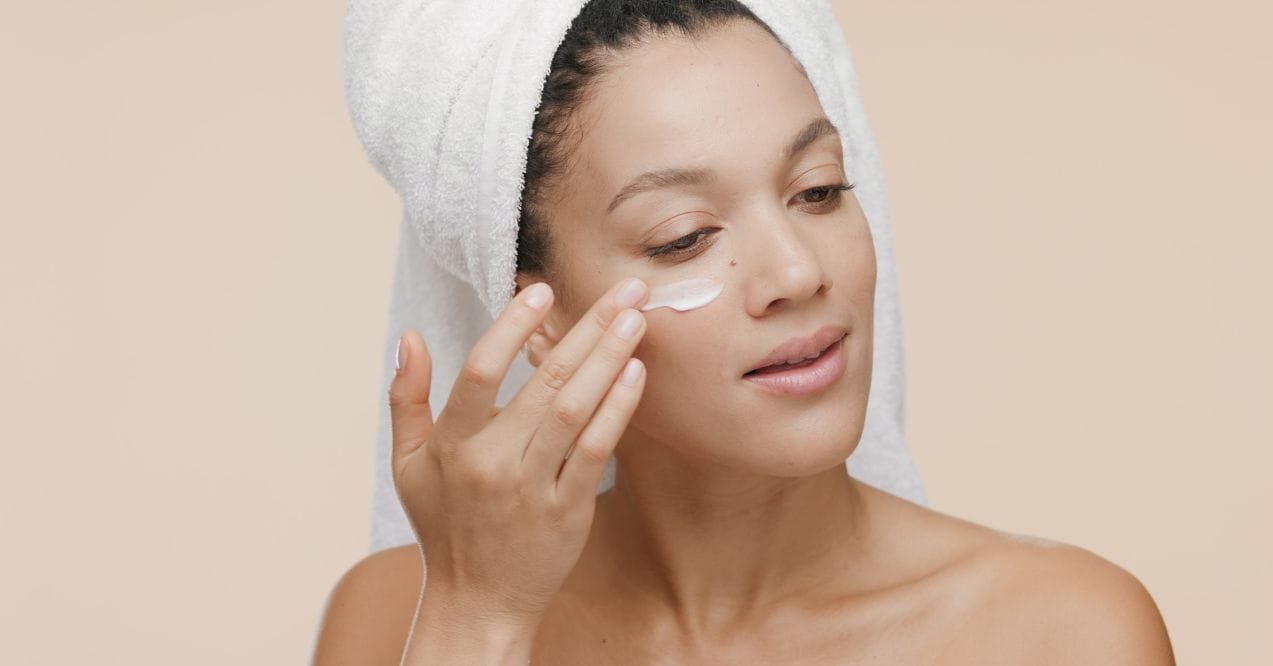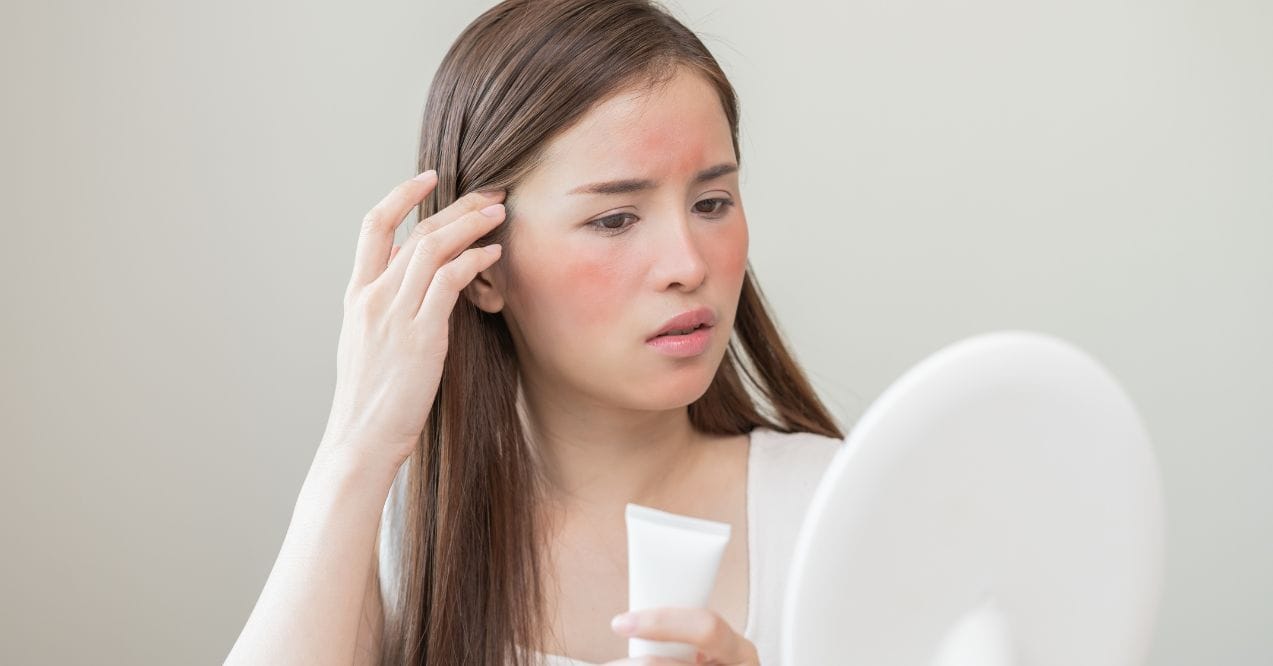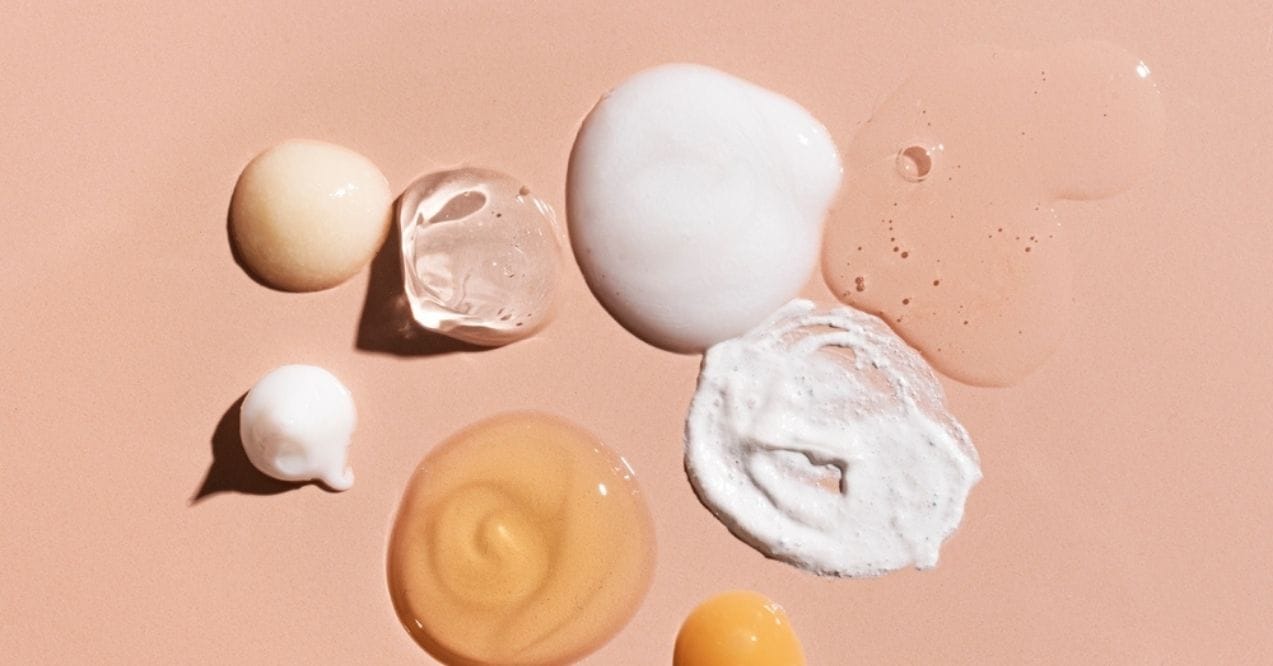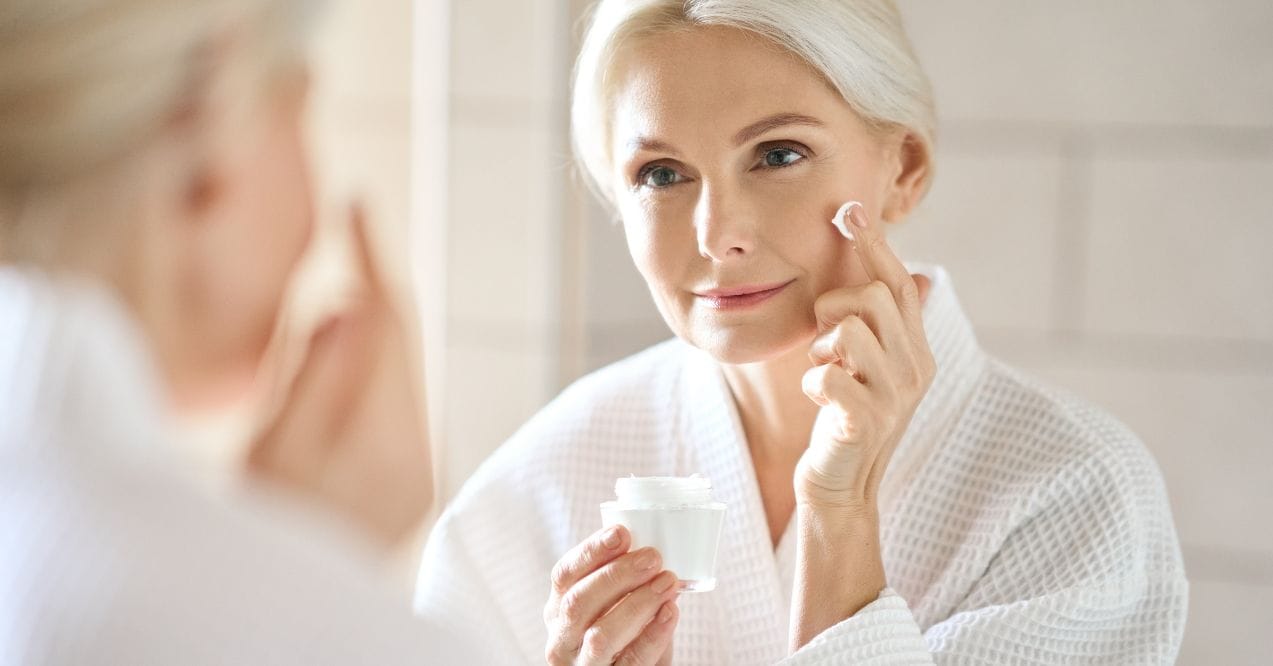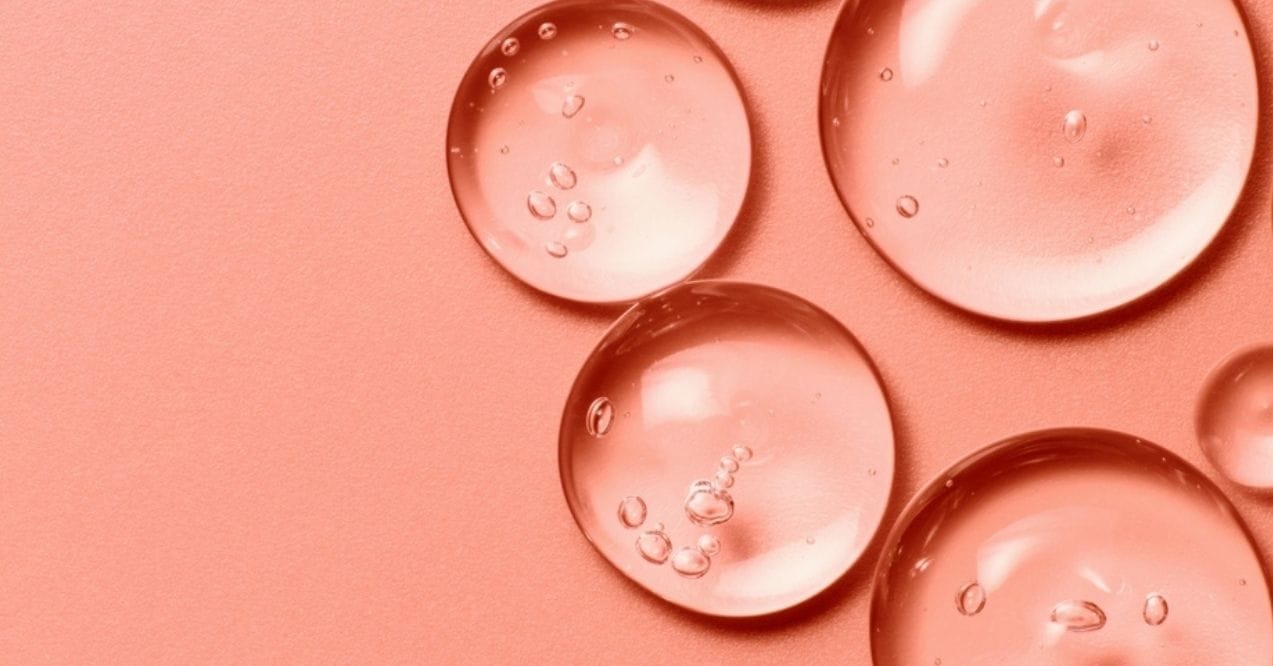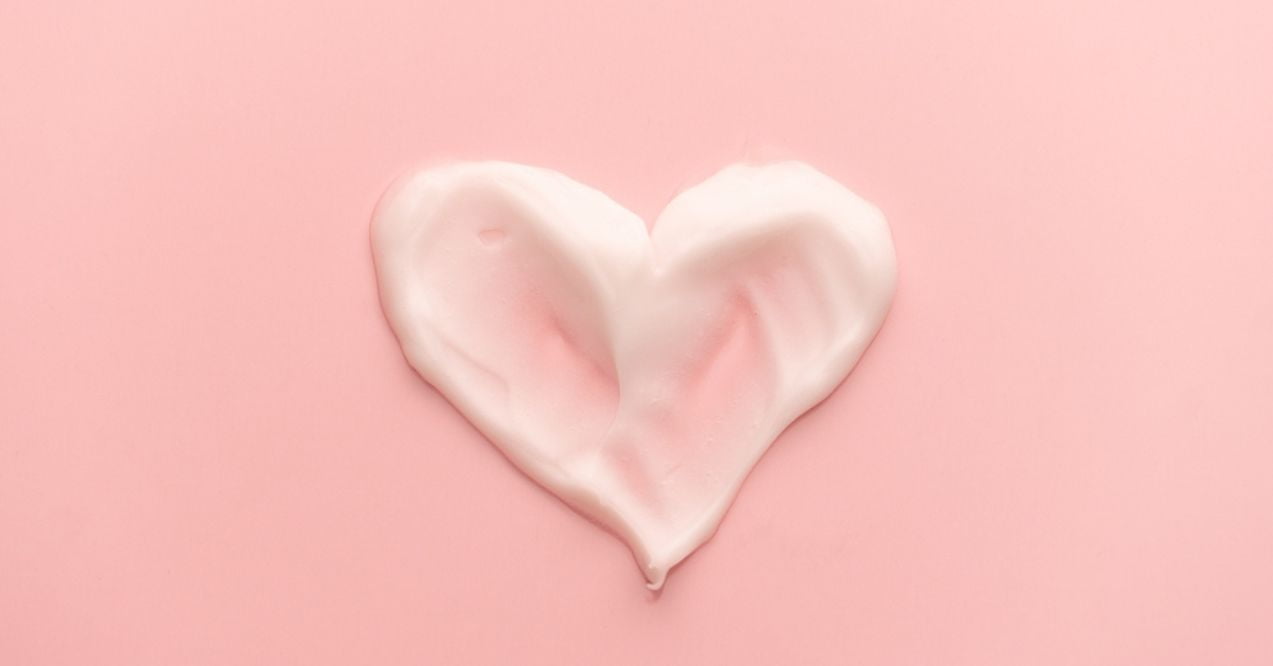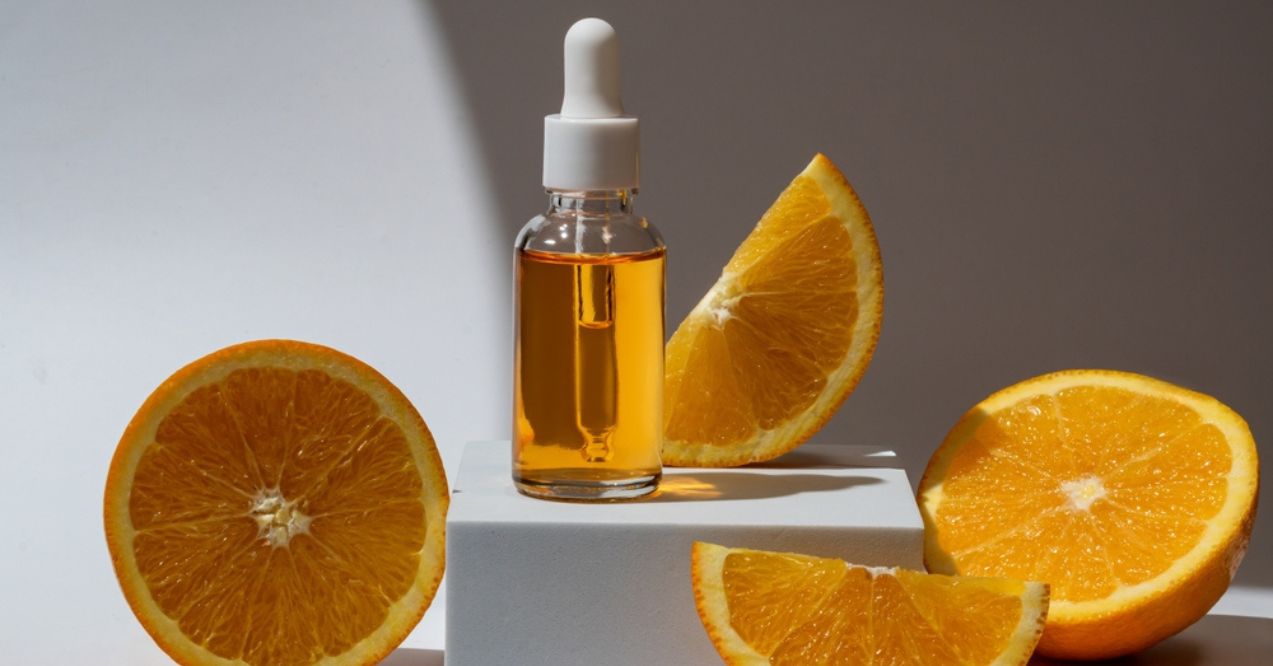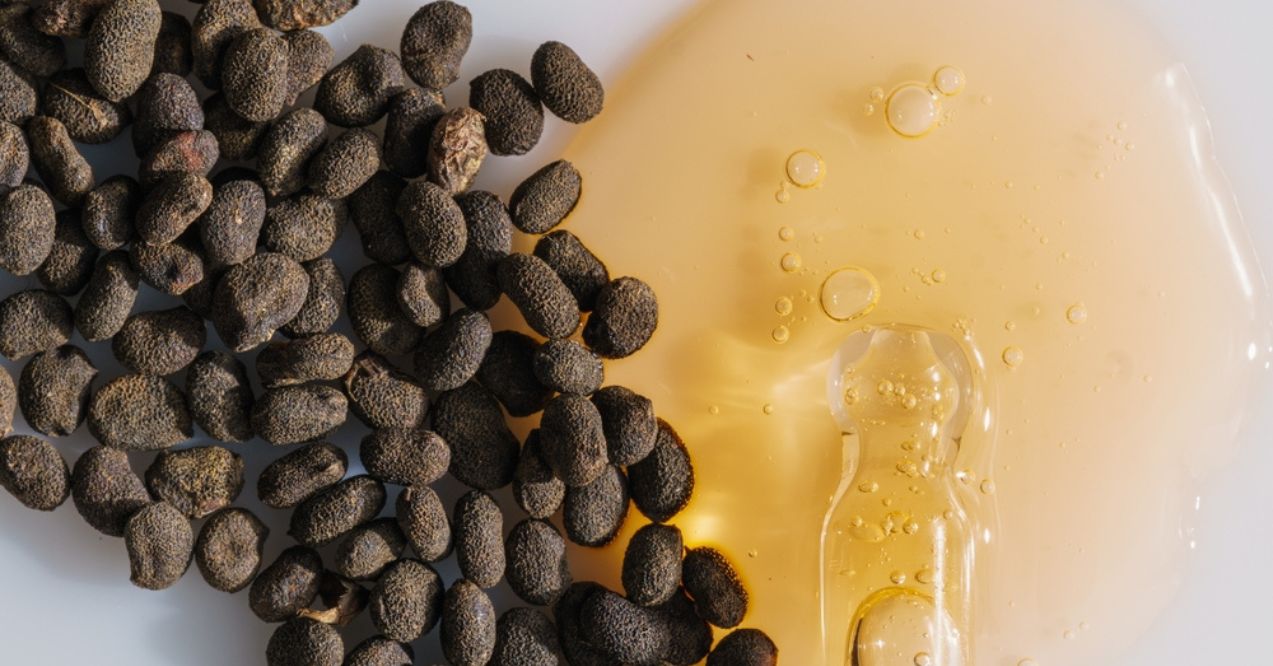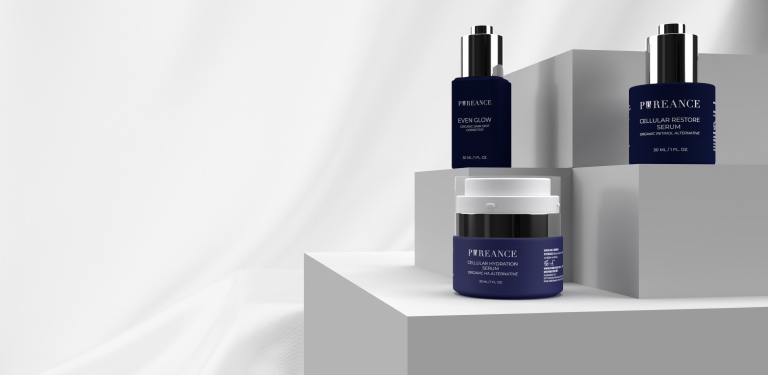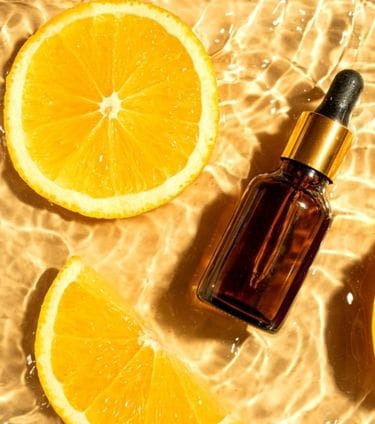


Does Vitamin C Help with Acne-Prone Skin?
Vitamin C has become the darling of the skincare world, and for good reason. This powerful ingredient appears in everything from serums to moisturizers, capturing attention for its ability to support radiant, healthy-looking skin. But if you’re dealing with acne-prone skin, you might wonder: does vitamin C help acne? While this beloved ingredient is famous for promoting a bright complexion, its relationship with acne-prone skin deserves a closer look.
In this guide, we’ll explore how vitamin C works on your skin, examine its effects on active breakouts and dark spots, and share expert tips for incorporating it into your skincare routine. Whether you’re a skincare enthusiast or just starting your journey, you’ll discover how this powerhouse ingredient might be the addition your routine needs.
Key Article Findings
- Vitamin C doesn’t treat breakouts directly, but it supports skin balance and reduces oxidative stress that contributes to acne.
- Sodium Ascorbyl Phosphate (SAP) is the best form of Vitamin C for acne-prone skin due to its gentle, skin-supporting properties.
- Pair wisely with niacinamide, AHAs, and BHAs for best results.
Vitamin C and Acne-Prone Skin
Does vitamin c help acne? The answer lies in understanding how this powerful antioxidant interacts with your skin’s unique needs.
What Makes Acne-Prone Skin Different?
If you have acne-prone skin, your skin typically produces more oil than usual. This excess oil can mix with dead skin cells, leading to clogged pores and breakouts. Additionally, acne-prone skin often experiences higher levels of oxidative stress, which can make the skin’s surface more vulnerable to environmental factors. This is where antioxidants come into play – they help maintain your skin’s natural balance and support its protective barrier.
How Does Vitamin C Work on Skin?
Think of vitamin C as your skin’s shield. As an antioxidant, it helps neutralize unstable molecules that can affect your skin’s surface. When you apply vitamin C for acne-prone skin, it works on multiple levels. It supports your skin’s natural renewal process and helps maintain healthy collagen levels, which can improve the appearance of uneven skin texture. Regular use may also help maintain your skin’s brightness and promote an even-toned complexion.
Vitamin C and Inflammation
One of vitamin C’s most impressive qualities is its ability to support your skin’s natural response to environmental stress. It works alongside your skin’s natural processes to maintain balance and comfort. When combined with other beneficial ingredients like niacinamide or green tea extract, vitamin C can be particularly effective at supporting your skin’s natural protective abilities. This combination approach often yields better results than using any single ingredient alone.
Can Vitamin C Help Treat Acne or Just Post-Acne Scars?
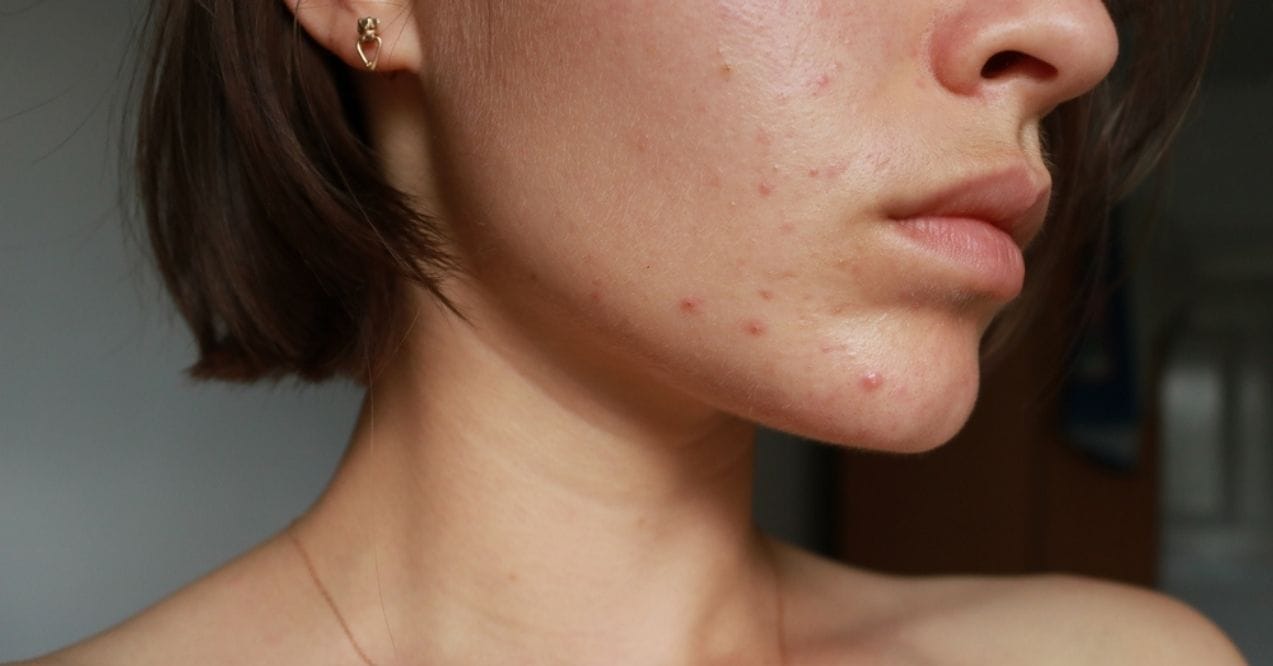
Vitamin C is often praised for its skincare benefits, but is vitamin C good for acne? While it can support skin health, it doesn’t work as a direct acne treatment. Instead, its strength lies in reducing acne-related damage and supporting skin’s natural repair process.
Does Vitamin C Directly Reduce Breakouts?
Many people assume Vitamin C can clear acne, but it doesn’t eliminate breakouts the way targeted acne treatments do. However, some research suggests that Sodium Ascorbyl Phosphate (SAP), a stable form of Vitamin C, has antibacterial properties that may help combat acne-causing bacteria.
More importantly, Vitamin C reduces oxidative stress, which contributes to clogged pores and inflammation. By supporting skin’s natural barrier and oil balance, it may help acne-prone skin maintain a healthier appearance over time.
Post-Inflammatory Hyperpigmentation & Acne Marks
One of the biggest benefits of Vitamin C is its ability to fade dark spots left behind by acne. Does Vitamin C help with hyperpigmentation? Yes! It inhibits melanin production, which helps reduce the appearance of post-inflammatory marks.
Vitamin C also plays a role in collagen regeneration, which can support skin texture and modify the appearance of atrophic scars (indented scars from acne breakouts). For deeper scars, dermatologists often recommend combining Vitamin C with treatments like retinol or microneedling to further support skin renewal.
Does Vitamin C Serum Help with Acne?
With so many skincare products on the market, many wonder: does Vitamin C serum help with acne? While it’s not a traditional acne treatment, Vitamin C supports skin health by reducing oxidative stress, promoting even skin tone, and modifying the appearance of post-acne marks. However, not all Vitamin C serums are created equal – some can be beneficial for acne-prone skin, while others may cause irritation.
Not All Vitamin C is Created Equal
Vitamin C comes in different forms, and choosing the right one can make a big difference for acne-prone skin.
- L-Ascorbic Acid (LAA) – The purest form of Vitamin C, but at high concentrations (15%+), it can be too acidic and irritating for sensitive or acne-prone skin.
- Sodium Ascorbyl Phosphate (SAP) – A gentler, water-soluble form with potential antibacterial benefits, making it a great choice for acne-prone skin.
- Magnesium Ascorbyl Phosphate (MAP) – A stable, less irritating form that helps support skin’s moisture balance and even tone.
For acne-prone skin, SAP and MAP are often better choices than LAA, as they provide benefits without excessive irritation.
How to Use Vitamin C Serum Without Breakouts
Using Vitamin C the right way can make all the difference. Apply it in the morning after cleansing, followed by a lightweight moisturizer and sunscreen. If using active acne treatments, layer Vitamin C before heavier creams but after exfoliants.
Be cautious with AHAs (alpha hydroxy acids) and BHAs (beta hydroxy acids), as using them with Vitamin C may increase irritation. What does BHA do for your skin? It exfoliates deep inside the pores, which can be beneficial for acne, but pairing it with Vitamin C too frequently may lead to sensitivity. Introduce Vitamin C gradually (2-3 times a week) and increase usage as your skin adjusts.
Can Vitamin C Cause Pimples?
Some people worry that Vitamin C might make acne worse. Can Vitamin C cause pimples? Not directly, but improper use can lead to irritation that triggers breakouts.
- Skin purging – If Vitamin C increases cell turnover, temporary breakouts may occur as clogged pores surface. This usually clears within a few weeks.
- Irritation breakouts – If skin becomes red, itchy, or inflamed, it may be a sign that the formula is too strong or isn’t compatible with your skin.
If you experience breakouts with a new Vitamin C serum, check the ingredients for pore-clogging oils, silicones, or fragrance, and consider switching to a gentler form like SAP or MAP.
Combine Vitamin C with an Acne Skincare Routine
Adding Vitamin C to your acne routine can support skin balance and promote an even-looking complexion, but it’s important to pair it with the right ingredients. Can Vitamin C help acne more effectively when combined with other skincare steps? Let’s find out.
Layering Vitamin C with Other Acne-Fighting Ingredients
Vitamin C works well with niacinamide for maintaining an even skin tone and with AHAs/BHAs to support skin renewal – but avoid using them together in the same routine to prevent irritation.
Morning routine:
- Cleanser
- Vitamin C serum
- Lightweight moisturizer
- Sunscreen
Night routine:
- Cleanser
- AHA/BHA exfoliant (on alternate nights)
- Retinol (avoid using with Vitamin C in the same routine)
- Moisturizer
Benzoyl peroxide can deactivate Vitamin C, so use them at different times of the day.
Diet and Supplementation
Getting Vitamin C from citrus, bell peppers, and leafy greens supports overall skin health, but topical Vitamin C is more effective for direct skin concerns. While a balanced diet helps skin function properly, applying Vitamin C targets oxidative stress and post-acne marks more effectively than diet alone.
Conclusion
So, does Vitamin C help acne? While it’s not a direct acne treatment, it supports skin balance, reduces oxidative stress, and helps maintain an even complexion. Choosing the right Vitamin C serum and pairing it with a well-rounded skincare routine can promote healthier-looking skin. When used correctly, Vitamin C can be a great addition to acne-prone skin, helping to support clarity and skin renewal over time.
Apply Vitamin C serum in the morning after cleansing and before moisturizer and sunscreen. Start with a few times a week, then increase use as tolerated. Avoid layering with benzoyl peroxide and strong exfoliants in the same routine.
Vitamin C itself doesn’t cause acne, but improper use, overly strong formulas, or purging can trigger breakouts. Choose a stable, non-irritating form like SAP and introduce it gradually to avoid irritation or clogged pores.
Sodium Ascorbyl Phosphate (SAP) is best for acne-prone skin. It’s gentler, water-soluble, and has potential antibacterial properties. Avoid high concentrations of L-Ascorbic Acid, as it may be too acidic and irritating for sensitive or acne-prone skin.
Yes, but introduce it slowly. Start with 2-3 times per week, then increase as tolerated. If irritation occurs, reduce frequency. Pair with a gentle routine and avoid using it alongside strong exfoliants or benzoyl peroxide to prevent sensitivity.
This site offers health, wellness, fitness and nutritional information and is designed for educational purposes only. You should not rely on this information as a substitute for, nor does it replace, professional medical advice, diagnosis, or treatment. If you have any concerns or questions about your health, you should always consult with a physician or other health-care professional. Do not disregard, avoid or delay obtaining medical or health related advice from your health-care professional because of something you may have read on this site. The use of any information provided on this site is solely at your own risk.
Nothing stated or posted on this site or available through any services are intended to be, and must not be taken to be, the practice of medical or counseling care. For purposes of this agreement, the practice of medicine and counseling includes, without limitation, psychiatry, psychology, psychotherapy, or providing health care treatment, instructions, diagnosis, prognosis or advice.
